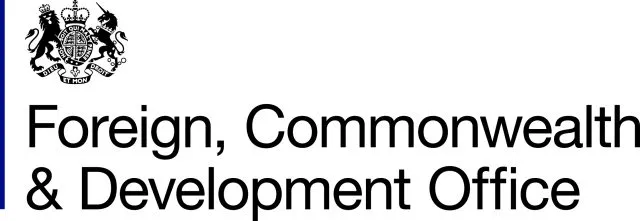Participants generated a list of ideas for concrete steps to support humanitarian actors to take meaningful action on AI.
Provide advice to humanitarian organisations on AI
This includes an AI advice service with the following:
- Use cases and building understanding. What can AI do and how can it be supported? What can it not do?
- Mapping AI use cases to support greater transparency
- Documentation of AI pilots and lessons learned (failures as well as successes) which would be housed and shared by a permanent, neutral and independent institution
- Useful definitions like CDACs and Nesta’s definition of participatory AI
- Upskilling and guidance for individuals and institutions to help them contextualise tools and understand the limits in certain contexts
- Approaches and tools that help organisations drill down into obstacles/drivers of problems to AI uptake (are they technical or sociocultural challenges?).
Procurement
- Market assessments and the pool of vendors need to be extended, therefore increasing the number of vendors and localise supply (e.g. Nigeria, Kenya, Bangladesh, Philippines)
- Establish a framework agreement and vetted list of AI vendors (suppliers and assurance firms) agreed by multiple donors
- Provide advice on use cases
- Provide advice on what a model will cost to build, run, and maintain
- Increase understanding of intellectual property and how this should shape agreements and contracts with AI providers. Who owns the model? Who owns the data? On which tech was it built? What does the full stack look like and how does that inform risk assessments linked to procurement?
- Support transparent approaches to due diligence decisions when working with tech organisations.
Digital public humanitarian infrastructure
- Improve information and data sharing: structured and model-ready data, priority data sets, greater incentives for data sharing
- Model infrastructure: incentivise model-sharing and transparency
- Create (coordinate) sandboxes for safe practice, most likely at country level: identify data and tools and explore in a safe way.
Relationships
- Relationships with affected populations: support participatory AI (use a multidisciplinary approach, learn from non-AI participatory work); map the local tech scene (related to procurement); establish fora to enable better co-design/co-development of algorithms between Computer Science (CS) / Machine Learning (ML) engineers and humanitarian experts from local context (drawing on Indaba and similar fora)
- Build awareness of issues across humanitarian and tech actors.
Hostile actors
- An ‘IPC-like’ tool for the information space.
“We must harness the full potential of AI, cooperating closely to ensure it acts for the good of all, but especially for the most vulnerable who are impacted by humanitarian crises.”
Conclusions
At the closing of the meeting, a plea was made to take not only the easiest routes of using knowledge platforms to share lessons and collaborate in new ways, but to take serious steps to embed approaches in systems and interoperable structures that will live into the future. This is challenging but necessary and requires commitment and funding from donors.
Two general calls to action to those working within the humanitarian community also emerged:
- Firstly, to use global platforms to tell powerful stories about AI in the humanitarian sector, about the harms that can be prevented, and the innovation that can be applied to create more benefits than harms.
- Secondly, to draw on the wealth of experience to date so that the AI conversation talks about the very best of humanity. It is not the first time in global history that the emergence of new technology has presented deep challenges, and the humanitarian sector must learn from the past.
Alison Dunn
Wilton Park | August 2024
In partnership with

-
Notes
Wilton Park reports are brief summaries of the main points and conclusions of a
conference. The reports reflect rapporteurs’ personal interpretations of the proceedings.
As such they do not constitute any institutional policy of Wilton Park nor do they
necessarily represent the views of the rapporteur. Wilton Park reports and any
recommendations contained therein are for participants and are not a statement of policy
for Wilton Park, the Foreign, Commonwealth and Development Office (FCDO) or His
Majesty’s Government nor any participating governments.
Should you wish to read other Wilton Park reports, or participate in upcoming Wilton Park
events, you can find out more here.
To receive our monthly bulletin and latest updates, please subscribe here.
